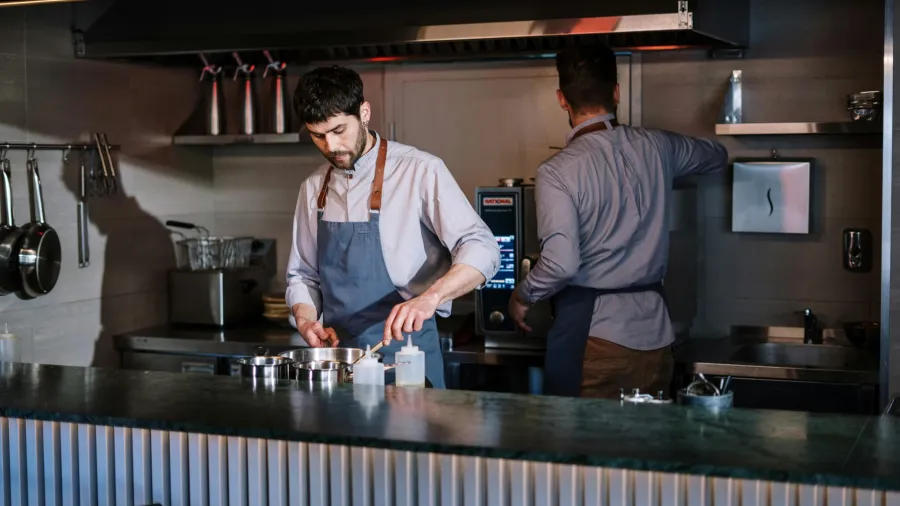
Food waste crisis pushes APAC foodservice operators to rethink sustainability practices
Consumers are also now prioritising ethics in their purchasing decisions.
Food waste in the Asia-Pacific region has reached crisis levels, prompting the food industry to adopt sustainable practices such as recycling, composting, and ethical sourcing, according to GlobalData.
“As awareness around sustainability grows, consumers increasingly prioritise ethical considerations in their purchasing decisions," said Shravani Mali, consumer analyst at GlobalData.
"Consumer demand for sustainability efforts amongst food service establishments and the food and beverage industry is accelerating, pushing restaurants to use more recycled materials, reduce waste and decrease their carbon footprint,"he added.
“As sustainability awareness grows, consumers are demanding more ethical practices, pushing food businesses to reduce waste and cut their carbon footprints,” said Shravani Mali, Consumer Analyst at GlobalData.
Governments in the region are also responding, the report noted. Australia aims to halve food waste by 2030, addressing the 7.6 million tons discarded annually, including 4% from hospitality and foodservice.
China, where food makes up about 50% of municipal waste, has also implemented the Anti-Food Waste Law to curb excessive consumption.
“As a result of rapid urbanisation, population growth, and a complex food supply chain in APAC, there is a rising need to implement strategies to reduce food waste, thereby enhancing sustainability," said Tim Hill, key account director, SE Asia at GlobalData.
He added solutions include repurposing food waste like peels and eggshells as fertilizer and redistributing excess food through nonprofit partnerships.
“The growing food waste problem in the APAC region demands immediate action and collaborative efforts across sectors to establish sustainable practices, enhance resource efficiency, and establish a resilient and responsible food system," Mali said.

















 Advertise
Advertise







